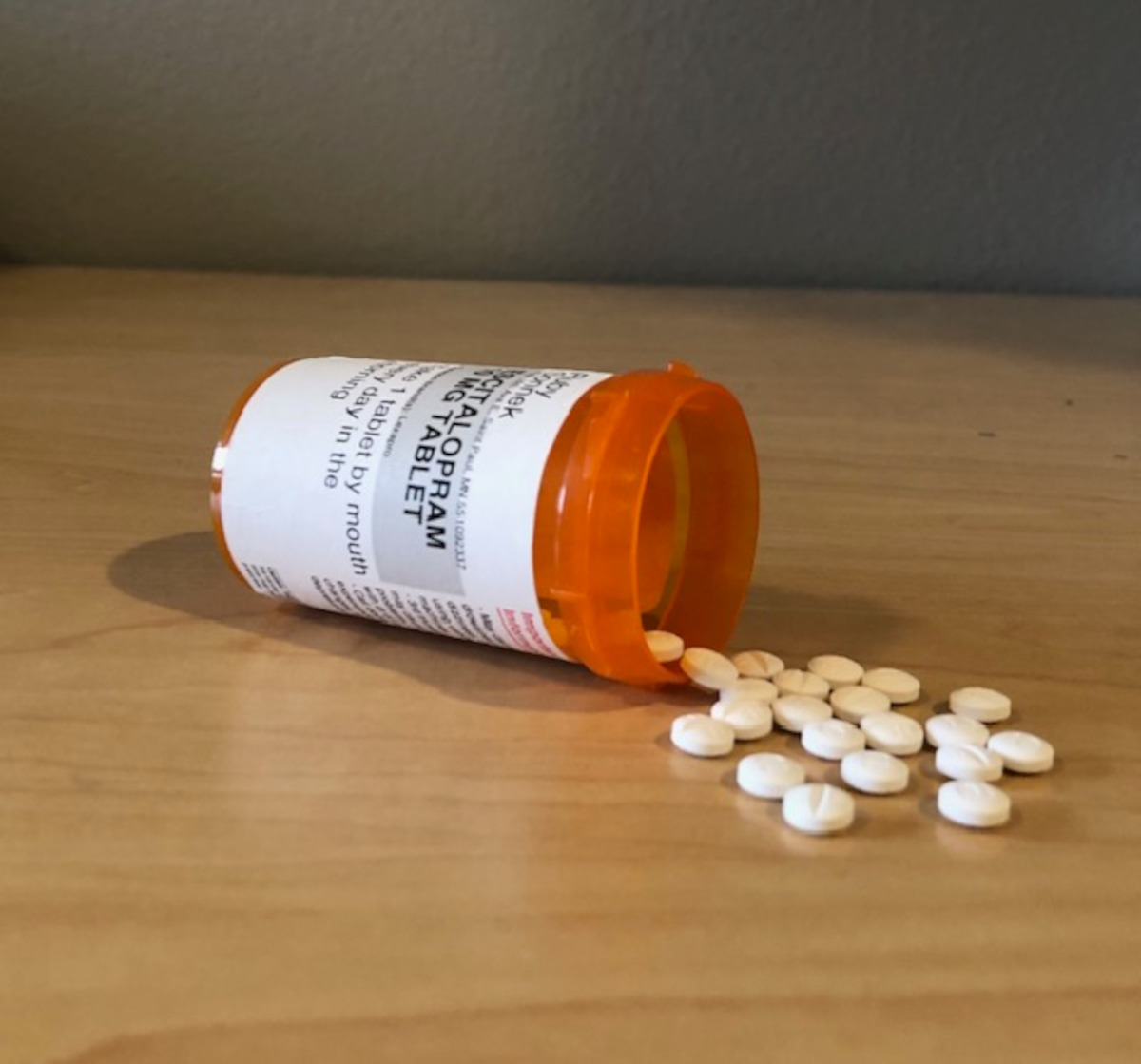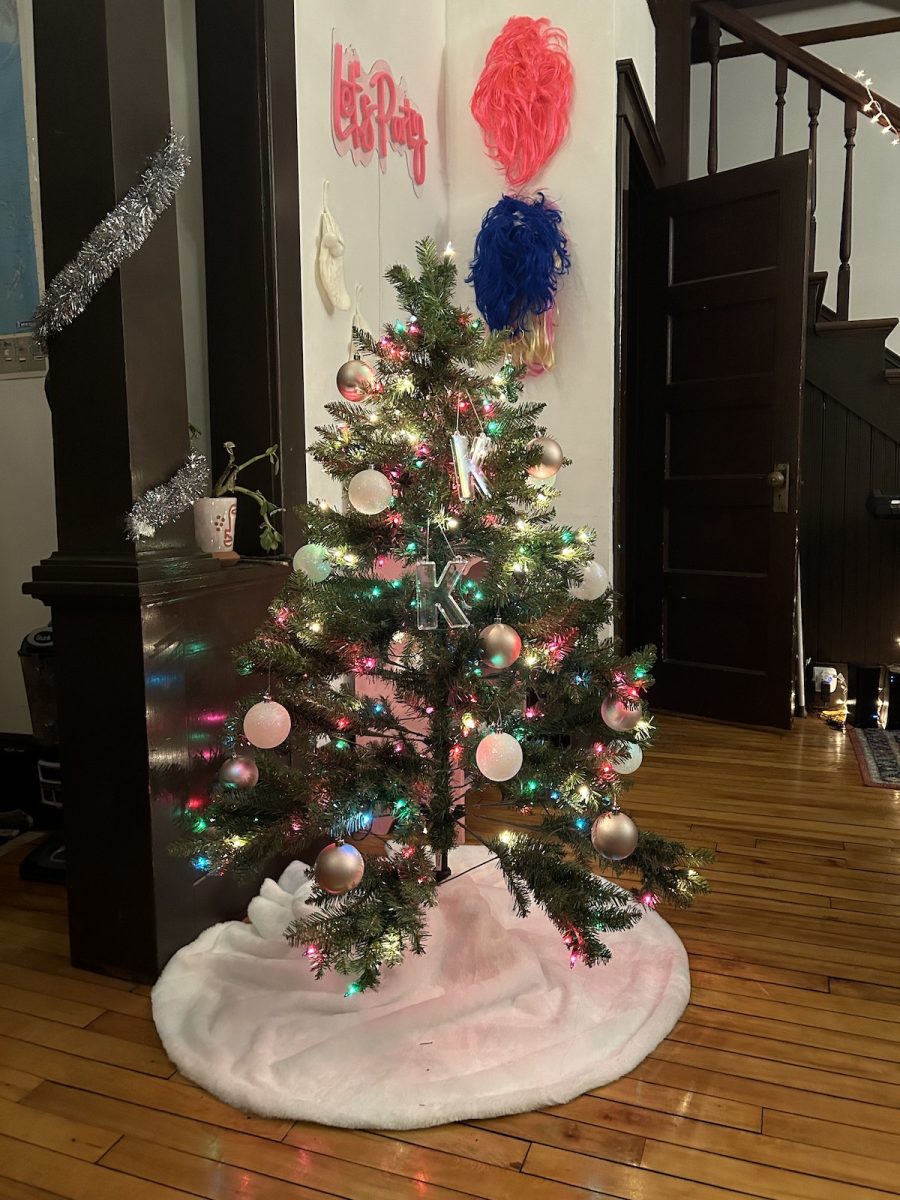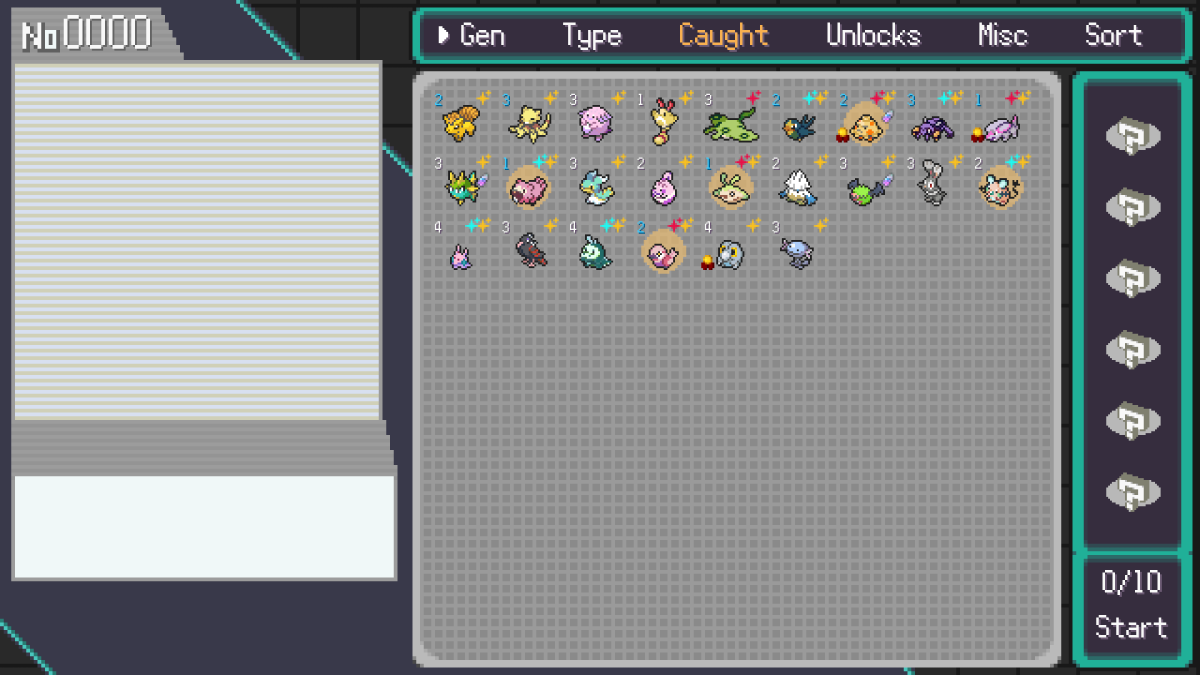Last week, MTV premiered its newest show, Skins. Based off of the BBC program of the same name, the show follows a group of upper class high school students with … let’s just say a knack for partying and just barely getting away with the risqué and impossible business. Sex, drugs and promiscuous acts seem to make up the majority of this show, while also touching on other social issues, such as LGBT issues and eating disorders.
The show can be summed up as controversial, exposing and, for me, downright addicting. Sure, the BBC version is exponentially better, but MTV has done a fairly decent job of transferring dialogue and characters over to an “Americanized” version.
Praise is coming from millions of viewers who have called the show anything from “painstakingly honest” to “a perfect description of the real life of teenagers today.” The premiere raked in millions of viewers, making it one of the most watched programs on MTV for that week.
However, various parents and activist groups have recently attacked MTV, calling the show “child pornography” (as the actors in the show are mostly underage) and far too much for the public eye to bear. Many have called for a cancellation of the show and are even filing lawsuits against MTV.
While watching this show does make me shake my head in sadness knowing that teenagers act like this, we have to look past the cultural aspect of things and look more towards the literal issue of censorship.
Let’s look at the process it had to go through before even hitting the air: MTV approved the script and got the rights to produce the show from executives. The FCC (Federal Communications Commission), as bulletproof and uptight as they are, approved the show. The TV Parental Guidelines gave it a rating of MA (or for mature audiences only), and while it even toes the line of “showing things” (if you know what I mean), it doesn’t show anything unacceptable for both underage actors and adult actors.
MTV has taken careful measures to make sure the actors are protected and censored. Given that the actors are minors, I’m sure their parents or guardians had some sort of consent — if they had an issue with it, you’d think they wouldn’t allow their child to accept the role. If it didn’t comply in any way, the FCC would have thrown that show out in a heartbeat.
This really gets down to an issue of censorship not on the corporate and federal level, but more on the personal level. If the show offends you, or you feel that it is not good for your children, then do one of the following: change the channel, put in a movie or simply turn off the TV. Obviously the show is getting a following and people watch it, so don’t ruin it for people who do choose to watch it.
It’s similar to the said “purpose” behind banning books. By cutting out things like the n-word from Huckleberry Finn (which happened just a few weeks ago), or attempting to ban Harry Potter because of supposed witchcraft and devil worship, you are shorting people besides yourself out. Just because something offends you does not mean it offends everyone. Trying to “purify” television and movies takes away potential cultural aspects.
Just like in Huckleberry Finn: the use of the n-word back in the publication time was acceptable. It is definitely not acceptable now, but in historical context, people should know that the word existed and was used. For “Skins,” people should know and accept (not necessarily embrace) that some teenagers do act that way. Why ban something culturally relevant and daringly honest when, in certain contexts, it is a reflection of our society today?
If censorship is an issue you hold near and dear, keep it that way. Censorship, when past federal levels, needs to stay on a personal level. Don’t blame the actors, the producers, the script writers, or even the network, for doing their job of bringing entertainment to the masses. If the program you or young children are about to watch says “viewer discretion advised,” then you have the option to advise them not to watch it.






